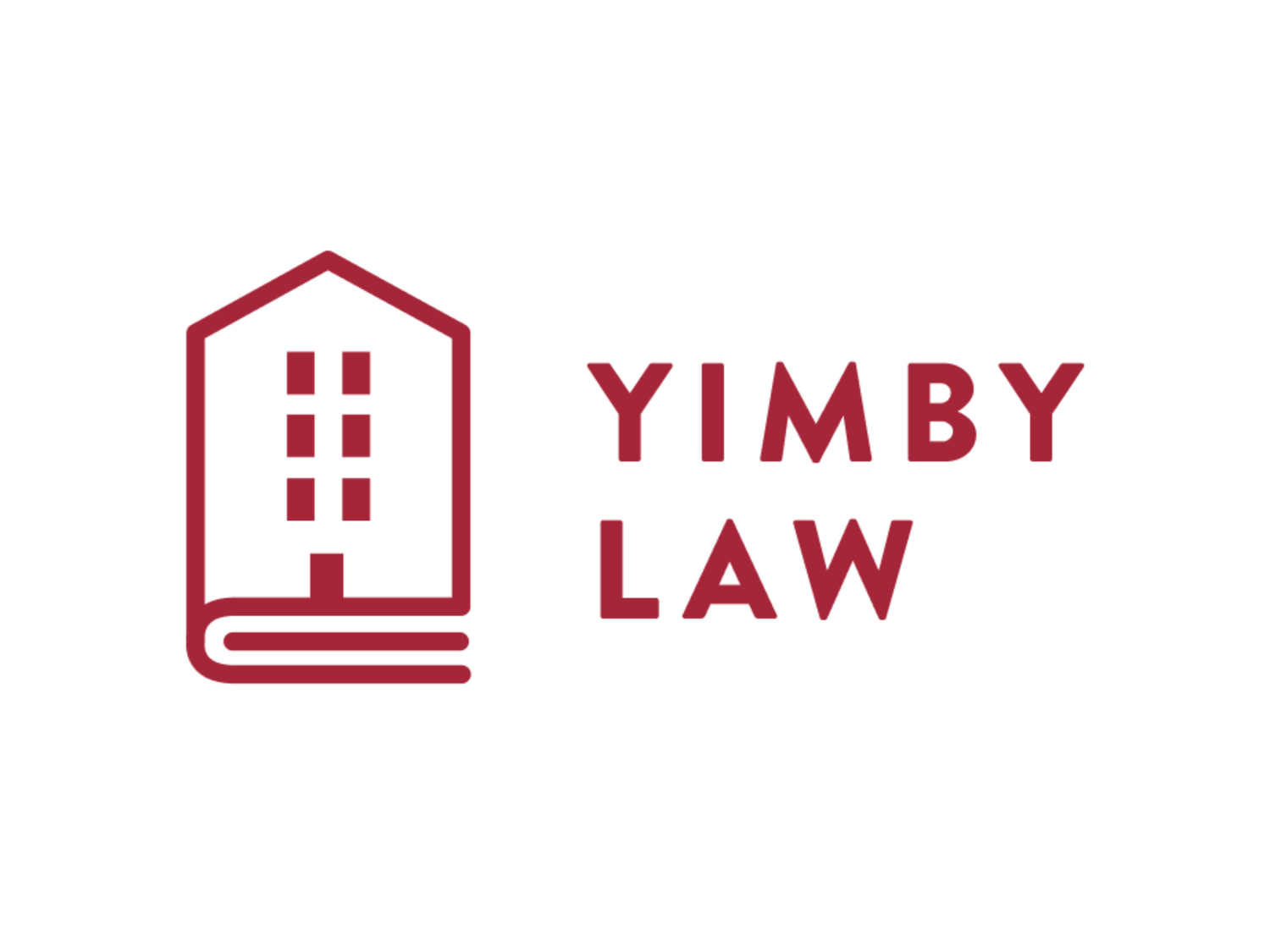Press Release: YIMBY Law Blocks Culver City's Illegal Downzoning, City to Appeal
/Contact: Jae Garner
Culver City, CA— YIMBY Law has prevailed in a Superior Court lawsuit filed against Culver City for their attempt to amend the city’s residential zoning code, a decision the city is now moving to appeal. If upheld, the city’s zoning amendment would effectively down zone single-family-zoned residential land, making it more difficult to increase the number of homes in the city.
“The Court’s decision affirms with clarity that Culver City must comply with California housing law. YIMBY Law is dedicated to holding jurisdictions accountable for compliance. This is critical to address our state’s housing crisis,” said Rafa Sonnenfeld, Director of Legal Advocacy at YIMBY Law.
The lawsuit was filed in response to an ordinance passed by the Culver City Council on July 13th, 2020. The ordinance would have reduced the allowable square footage in single-family homes and restricted the definition of a single-family home to include only one kitchen. Based on data from existing homes in Culver City, the ordinance would have reduced the average potential size of single-family homes by approximately 750 square feet. According to city documents, these changes were made to prevent homeowners from breaking their homes into multiple units.
The Superior Court judge sided with YIMBY Law in the suit, which stated that the proposed ordinance would have reduced the current and potential use of the residential land. This is explicitly prohibited by SB 330, a law passed in 2019 that prohibits many actions that delay new homes from being built or decrease the number of homes approved for construction.
If upheld, Culver City’s ordinance would create additional barriers to the implementation of new state housing laws that legalize and incentivize the construction of more homes. SB 9 is one such law, which legalizes duplexes and residential lot splits, creating the potential for as many as four homes on a previously single-family only property.
YIMBY Law will continue to oppose Culver City’s ordinance in appellate court, on the grounds that the city’s proposed restrictions directly violate SB 330.
“Exclusionary cities have prevented new homes from being built inside their limits for decades,” said Sonja Trauss, Executive Director of YIMBY Law. “Laws like SB 330 and SB 9 help ensure even the most exclusionary cities play their part in ending California’s crippling housing shortage. And YIMBY Law is here to make sure they do.”

